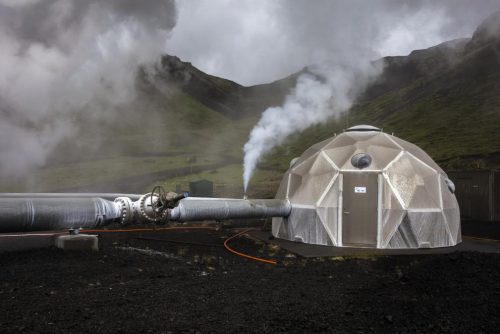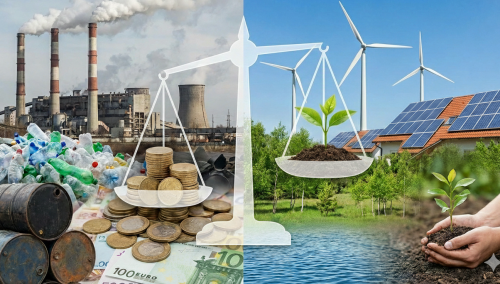Politicians are urged to introduce a carbon tax to accelerate the development of all types of decarbonisation technologies, as it will assess negative externalities per unit of emissions across the economy.
This will help mobilize more investment and resources to accelerate emissions reductions across the economy, according to the Niskanen Center.
A clear and strong market signal on the cost of carbon emissions will stimulate business and the financial sector to make long-term investments in decarbonization technologies.
The report said that in April, several large companies announced that they would allocate about $ 1 billion to finance the development of carbon removal technologies. However, the government must adopt a general economic tax on carbon to help speed up carbon sequestration and other decarbonization technologies.
Thus, Frontier's $ 925 market commitment, funded by Stripe, Alphabet, Shopify, Meta, McKinsey and other companies, aims to stimulate the development of carbon removal technologies between 2022 and 2030. Frontier will mediate between suppliers and buyers and facilitate carbon removal purchases.
"While these investments will accelerate the development of carbon removal technologies, effectively reducing emissions across the economy will require much more money and resources," the report said.
The carbon tax is technology-neutral and does not promote any particular type of decarbonization technology. With the introduction of the carbon tax, businesses will be able to use mature or new technologies to reduce emissions to reduce their carbon tax liabilities.
Business Roundtable, the trade association of top corporate executives in the United States, issued a statement calling for a carbon price to speed up the transition to clean energy. It recommends that the United States set a carbon price that gives a clear long-term signal and encourages the development and implementation of technologies to reduce emissions, as well as contribute to international efforts to coordinate potential transboundary carbon measures.
Companies that have the resources and willingness to help decarbonize the economy have already invested in promising technologies. Policymakers can help accelerate the deployment of decarbonisation and clean energy technologies by introducing a carbon tax.
It will be recalled that the PwC poll showed that less than half of the companies in the EU are ready for the challenges of Green Deal.
As EcoPoliticа previously reported, the Council of Europe has taken another step towards the introduction of the CBAM carbon duty.





